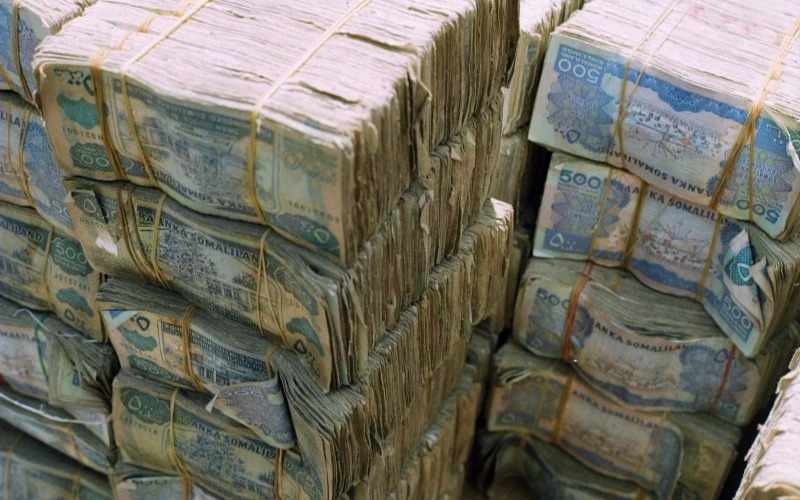
Somaliland and the Death of Cash
After nearly three decades in the economic and political wilderness, Somaliland, the self-declared country that broke away from Somalia in 1991 at the start of its deadly civil war, remains unrecognized by the outside world. Nestled on the southern shore of the Gulf of Aden, this small fragment of Somali-inhabited territory boasts its own currency, a reasonably effective bureaucracy and a trained army and police force, checking off nearly all of the boxes of an independent nation. It enters into legal contracts with foreign corporations and participates in diplomatic operations with the United Nations, the Arab League, and the European Union.
Contrary to its war-torn parent, Somalia, this country is, by and large, peaceful. However, to the international community, it is an autonomous region of Somalia and, therefore, subject to the Somali Federal Government (SFG) in Mogadishu.
There are not a lot of things this tiny republic can claim as a world pioneer, but becoming the world’s first cashless society might actually be one of them. It seems that in the cities of Somaliland, the future has arrived: cash is vanishing, credit cards are negligible, and daily shopping is swift and digital. Necessity has proven to be the mother of invention: with no internationally accepted banks and the absence of an official banking system, two private companies – Zaad, created in 2009 by mobile network operator Telesom, and its recent competitor, e-Dahab, have scrambled to fill the void, crafting a smart phone banking economy. Goods are, in essence, purchased and sold with personalized numbers.
Fueled largely by the chronic depreciation of the Somaliland shilling, cash is being gradually marginalized, as soaring inflation engulfs the state and a growing number of residents adopt the cashless method. To put it into context, one US dollar now trades at around 9,000 Somaliland shillings, a harsh comparison to its value just a few years ago, when a shilling was worth roughly double. Bills of 500 and 1,000 shillings are the most common, and just paying for a few groceries often requires a heavy lump of notes.
Somaliland isn’t alone in going cashless. In 2007, Kenyan telecom providers introduced M-Pesa, a platform that has become the poster-child of African mobile money. With the abundance of inexpensive mobile phones across the continent, other African countries like Gabon, Ghana, Namibia, Tanzania, Uganda and Zimbabwe have witnessed a similar mobile money explosion. Interestingly, while mobile payment services in these countries tend to use local currencies, in Somaliland, both Zaad and e-Dahab deal strictly with US dollars, provoking an increasing reliance on the dollar.
What makes Zaad especially unique is the swiftness and degree to which it has invaded Somaliland society. Its usage, which has more than doubled within the last year alone, spans from livestock trade to commerce, to electric bills and even payrolls by institutions, like Amoud University. Boasting one of the world’s highest rates of digital transactions, nearly every business is plugged into this ecosystem. Vendors report that within the last year alone, mobile payments have gone from 20% to now around 50%. Virtually one-fifth of Somaliland’s population of 3.5 million now use Zaad to make payments, with an estimated higher percentage of people interacting in some fashion with Zaad.
In a country riddled with high illiteracy rates, the intuitive functionality of mobile payments has without a doubt fostered its success. Paying requires no internet access and entails little more than punching in a few numbers followed by a code unique to the vendor. Mobile money has also been acting as a lifeline to an array of social and economic clusters. A territory where devastating droughts are frequent visitors, the agro-pastoral incomes of hundreds of thousands of people are fragile, at best.
Mobile payment technology has permitted Somalilanders in urban areas to almost immediately transfer money to their often desperate, rural relatives. The estimated 40 percent of the population that still depend on remittances from relatives abroad to survive has unquestionably also triggered the dramatic rise of a smartphone money system. Already home to the only cashless Coca-Cola branch in Africa, the death of cash in this defacto-country appears to be imminent.

